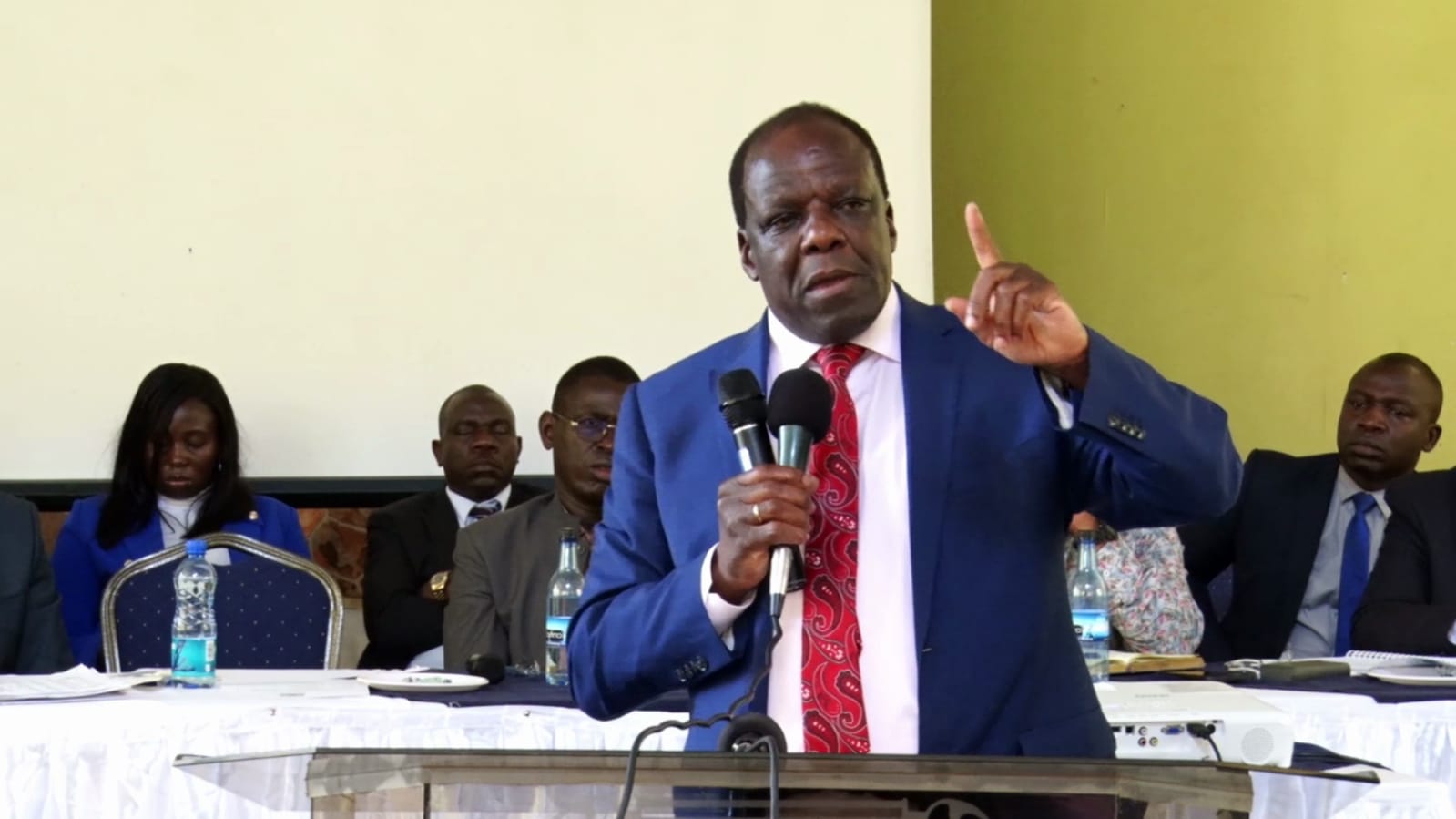

In a strong signal of revival and strategic focus, the Kenya Development Corporation has declared a Sh57 million dividend to the National Treasury and launched a Sh500 million recovery facility for Sacco-based lending, offering renewed hope for the parastatal’s role in inclusive national development.
The announcement was made during the inaugural Next Frontier Africa 2025 Summit, a two-day event hosted by KDC at KICC.
The summit, themed Catalysing Inclusive Growth through Strategic Sector Investments and Innovation, convened more than 700 public and private sector leaders united in their commitment to reshape Africa’s investment landscape.
KDC was formed in 2021 through the merger of the Industrial and Commercial Development Corporation, Tourism Finance Corporation and IDB Capital.
It provides long-term finance, infrastructure funding and business advisory services to Kenya’s strategic sectors. The corporation is billed as a key driver of inclusive development and economic transformation
Receiving the dividend cheque on behalf of the government, Albert Mwenda, director general of Budget, Fiscal and Economic Affairs at the National Treasury, praised KDC’s dual impact.
“This dividend reflects not only financial growth but also developmental impact. KDC is demonstrating that development finance can be both commercially sound and socially responsive, channelling capital to sectors that matter most to our future,” Mwenda said.
In a key highlight of the Summit, KDC signed a Sh500 million financing agreement with Boresha Sacco under the Safer programme. The facility will provide affordable, post-COVID-19 recovery credit to micro, small and medium enterprises in underserved regions.
It is expected to boost grassroots enterprise, deepen financial inclusion and support Kenya’s broader economic revitalisation efforts.
Principal Secretary for the State Department for Cooperatives, Patrick Kilemi, said the move is a critical step towards embedding Saccos into the national economic recovery strategy.
“Saccos like Boresha are transforming financial access for ordinary Kenyans. With strategic support from institutions like KDC, we are building economic resilience from the ground up,” he said.
The summit featured thematic forums on manufacturing, healthcare, climate resilience, tourism and the digital and creative economy.
These sessions examined how development finance institutions can collaborate with governments and private investors to unlock value chains, foster innovation and scale strategic investments across Africa.
KDC board chairperson Sakwa Bunyasi said the corporation is committed to investing in innovation and high-impact industries, particularly those led by young entrepreneurs.
“We must fund what matters—solutions that address climate change, generate decent jobs and build regional competitiveness. KDC is boldly stepping into that space,” he said.
KDC boss Norah Ratemo said the corporation is seeking to lead the next era of development finance by aligning capital with national and continental goals.
“This summit has given voice to a new kind of development finance—one that is inclusive, strategic and future-ready. From Saccos to startups, from agribusiness to creative hubs, we are financing the next frontier of Africa’s growth,” she said.
Ratemo said KDC’s work supports the bottom-up agenda, Vision 2030 and the African Union’s Agenda 2063.
“This is not just an event—it’s the beginning of a movement to make capital more accessible, inclusive and impactful by design. We are just getting started,” she concluded.
















